Summaries of books about Politics & Social Sciences:
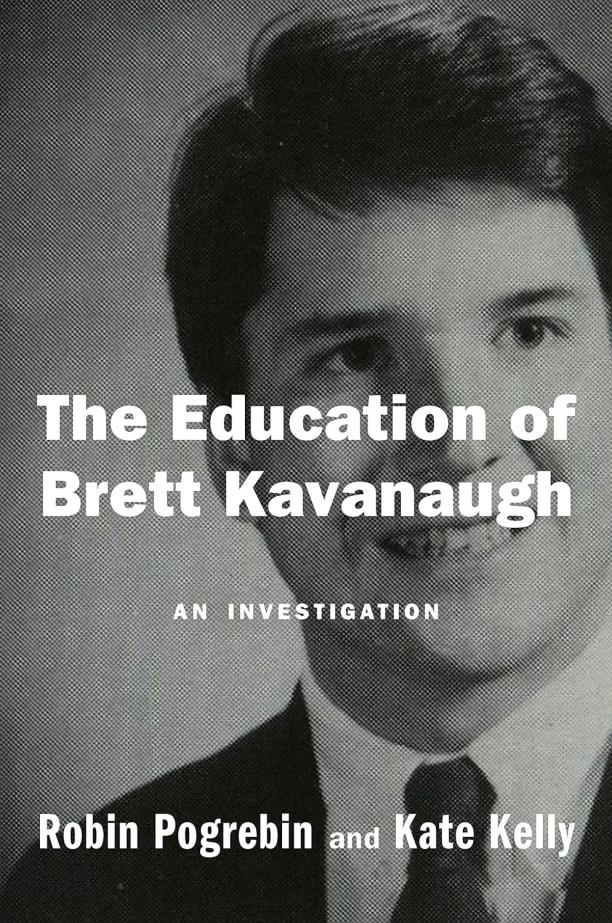
The Education of Brett Kavanaugh
An Investigation
Robin Pogrebin|Kate Kelly
The book delves into the background, upbringing, and career of Supreme Court Justice Brett Kavanaugh, including the contentious confirmation process marked by sexual assault allegations. It provides a detailed account of the events and features interviews with friends, classmates, and key figures involved, aiming to offer a more nuanced portrait of Kavanaugh and the cultural context surrounding his ascent to the high court.
See full summary
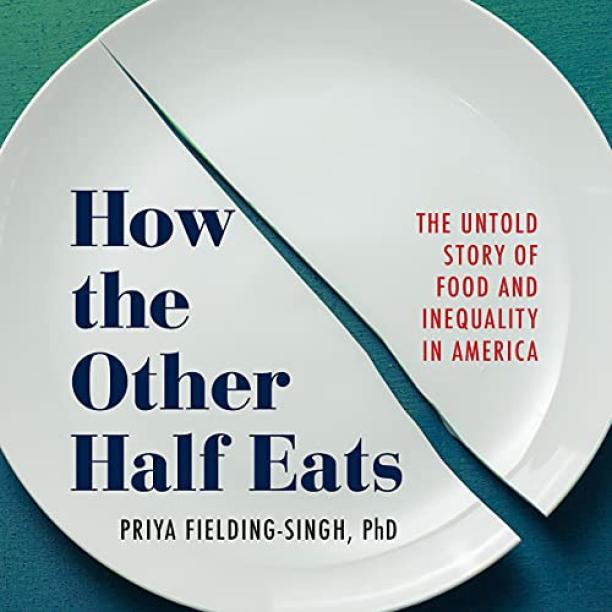
How the Other Half Eats
The Untold Story of Food and Inequality in America
York Whitaker, Little, Brown & Company, Priya Fielding-Singh
The book delves into the complexities of food inequality in the United States, exploring how socioeconomic factors shape dietary choices and health outcomes across different communities. It presents a nuanced analysis of the intersection between class, race, and nutrition, revealing the systemic barriers that prevent many from accessing healthy, affordable food.
See full summary
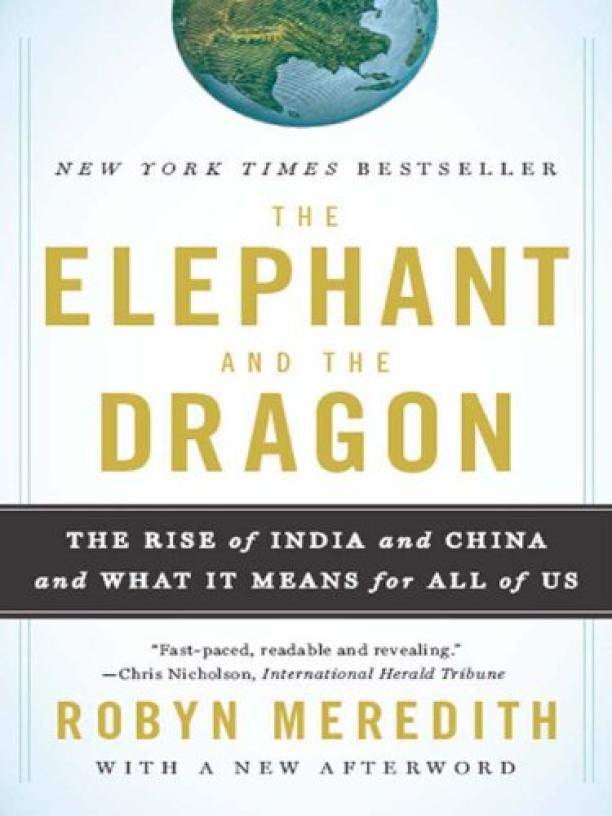
The Elephant and the Dragon
The Rise of India and China and What It Means for All of Us
Robyn Meredith
The book examines the rapid economic growth of China and India, detailing how their rise impacts global economics, politics, and the environment. It explores the challenges and opportunities presented by these emerging superpowers, including the effects on Western economies and the shifting balance of global power.
See full summary
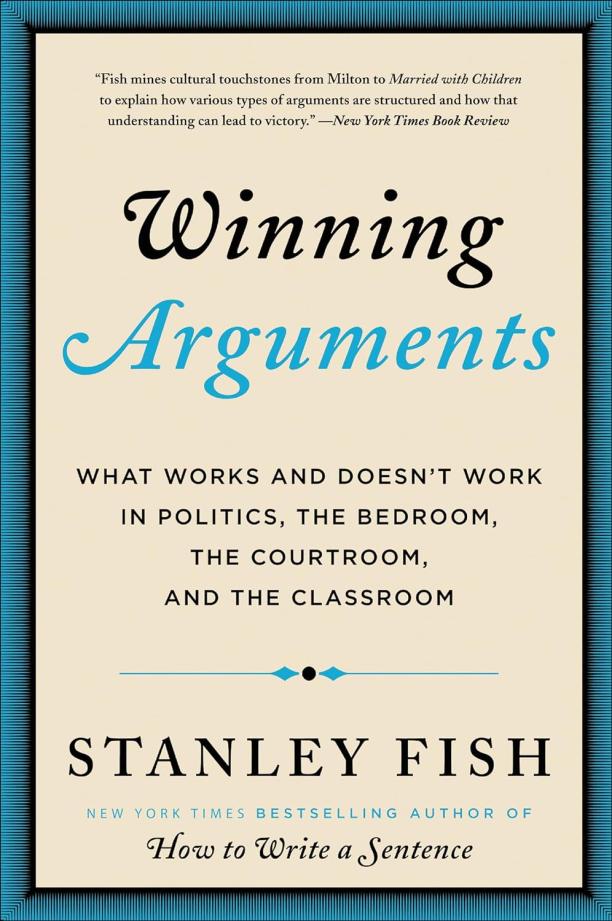
Winning Arguments
What Works and Doesn't Work in Politics, the Bedroom, the Courtroom, and the Classroom
Stanley Fish
The book explores the art of persuasion across various domains, analyzing why certain arguments succeed while others fail. It delves into the strategies and rhetorical techniques that can influence outcomes in political debates, legal settings, personal relationships, and educational environments.
See full summary
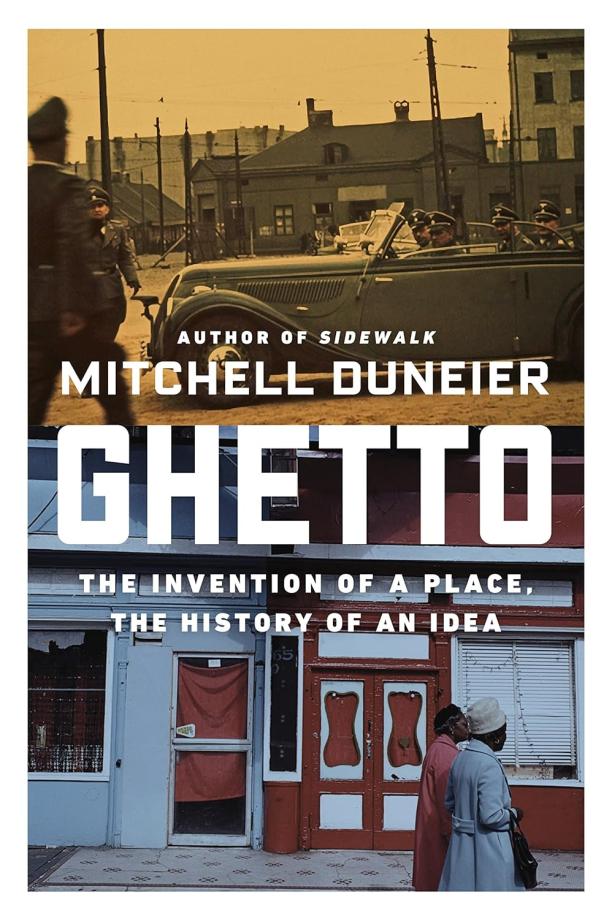
Ghetto
The Invention of a Place, the History of an Idea
Mitchell Duneier
The book traces the evolution of the concept of the ghetto, from its origins in the Jewish quarters of European cities to its contemporary association with African American urban life in the United States. It examines how the term has been shaped by centuries of history, social policy, and scholarly discourse, impacting the lives of those who reside in so-called ghettos.
See full summary
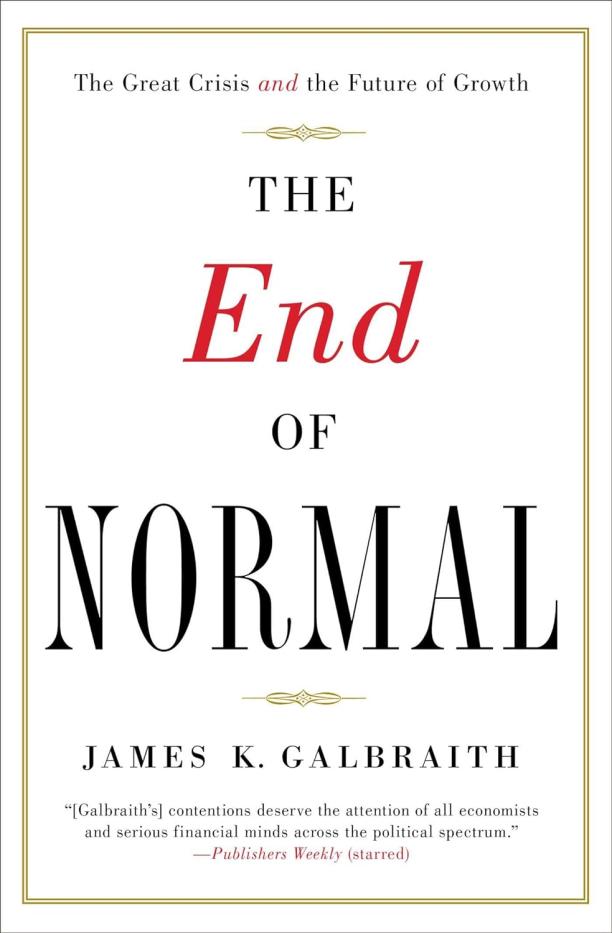
The End of Normal
The Great Crisis and the Future of Growth
James K. Galbraith
The book challenges the conventional wisdom that economic growth is a perpetual norm, arguing that the 2008 financial crisis was a symptom of deeper structural problems. It critiques the failures of standard economic models and policies, suggesting that a sustainable future will require radically different approaches to managing economies and resources.
See full summary
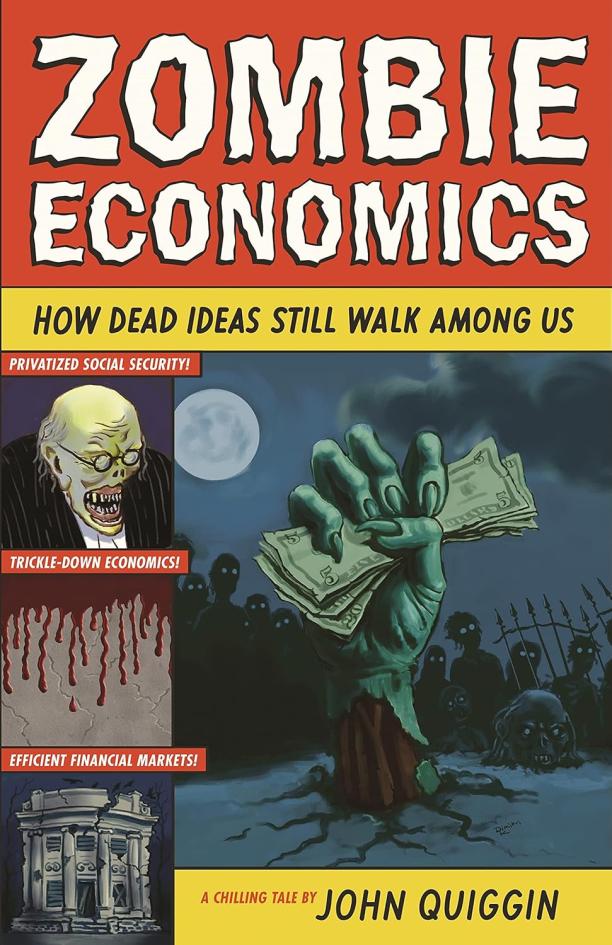
Zombie Economics
How Dead Ideas Still Walk among Us
John Quiggin
The book critiques economic theories and policies that the author argues have been discredited but continue to influence global economic thought and practice. It examines concepts like the efficient market hypothesis and trickle-down economics, explaining how these "zombie ideas" persist despite evidence of their failures.
See full summary
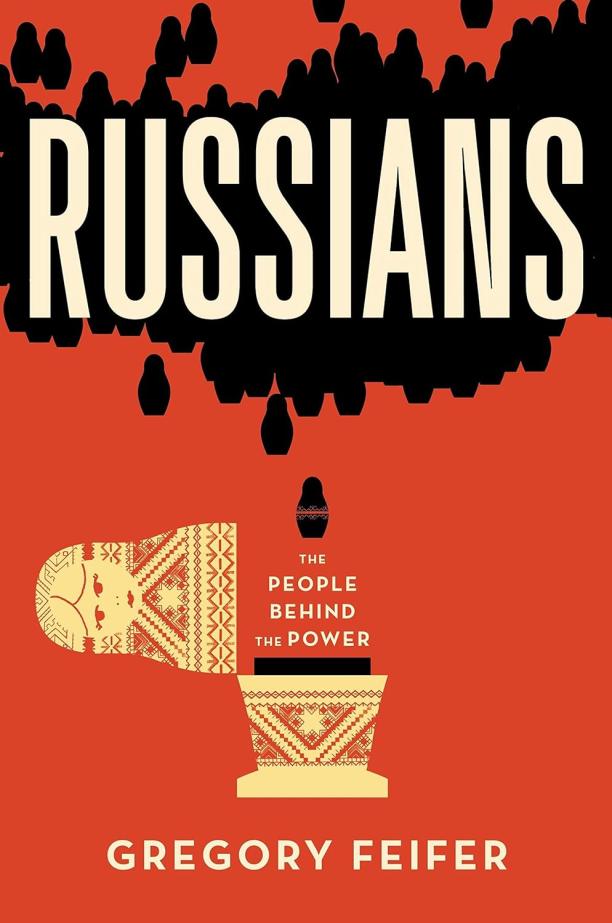
Russians
The People behind the Power
Gregory Feifer
The book delves into the complex character of Russian citizens, exploring their history, culture, and daily lives to understand the forces shaping their attitudes and behaviors. It provides an in-depth look at the paradoxes of Russian society, from the legacy of the Soviet era to the influence of leaders like Vladimir Putin, offering insights into the country's political and social dynamics.
See full summary
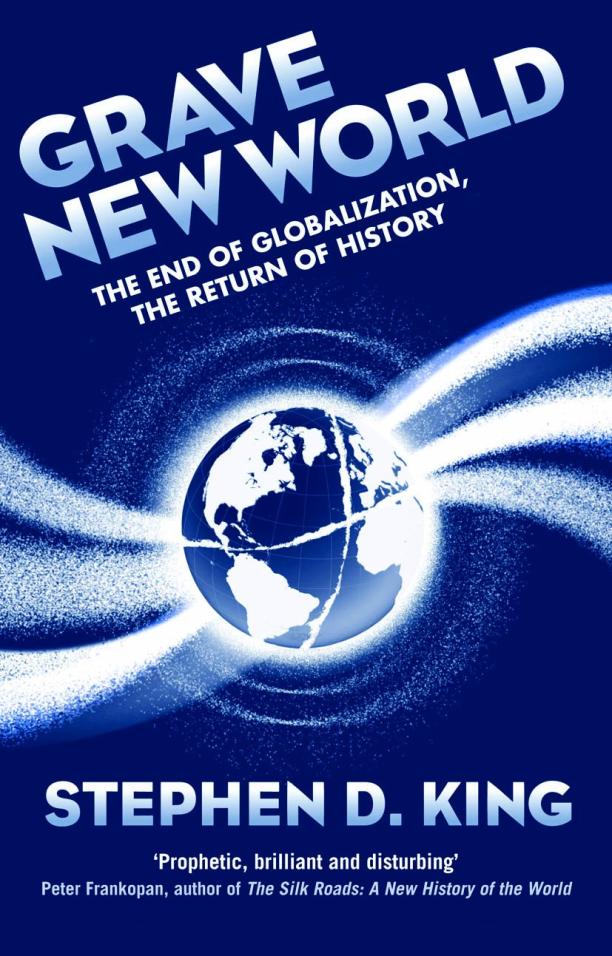
Grave New World
The End of Globalization, the Return of History
Stephen D. King
The book explores the potential decline of globalization due to rising nationalism, protectionism, and geopolitical tensions, arguing that the era of global cooperation and economic integration may be coming to an end. It examines historical precedents, current global challenges, and the possible consequences for international relations and the global economy.
See full summary
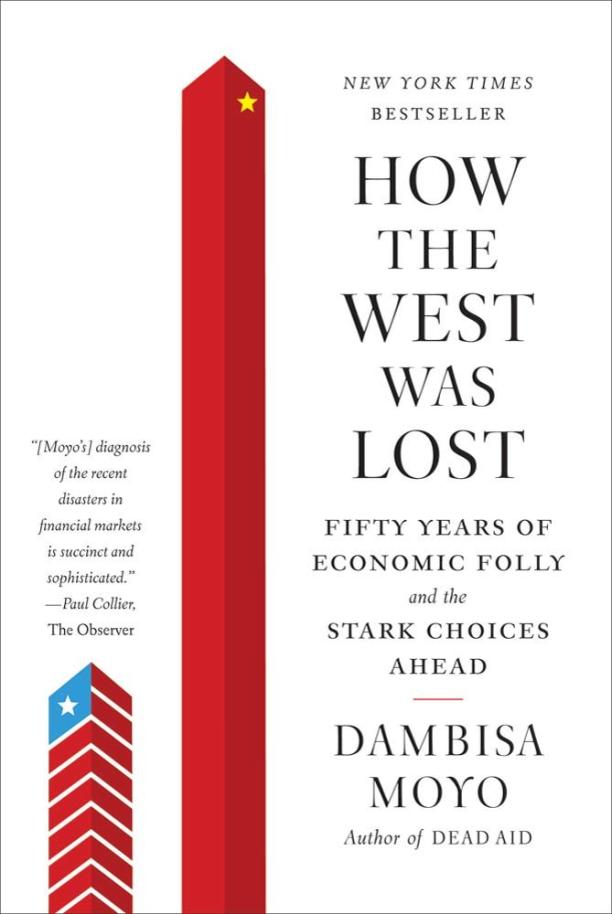
How the West Was Lost
Fifty Years of Economic Folly--and the Stark Choices Ahead
Dambisa Moyo
The book presents a critical analysis of policy mistakes made by Western governments that have led to economic decline, arguing that flawed decisions in areas such as technology, education, and government debt have eroded the West's competitive edge. It also explores the consequences of these errors and offers stark choices that need to be made to avoid further deterioration and to regain economic stability and growth.
See full summary